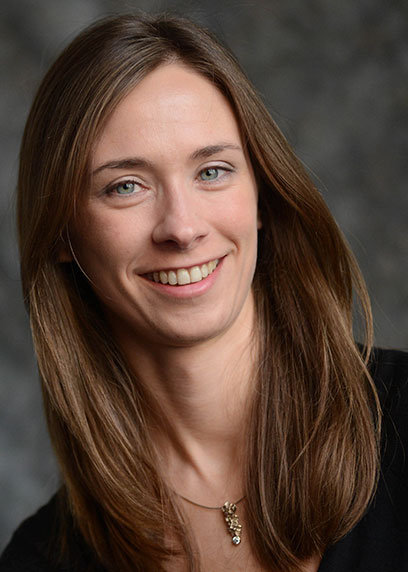
- This event has passed.
MEAM Seminar: “Predictive Simulations of High-rise Building Peak Wind Pressure Loads”
November 30, 2021 at 10:00 AM - 11:30 AM
Computational fluid dynamics (CFD) can inform sustainable design of buildings and cities in terms of optimizing pedestrian wind comfort, air quality, thermal comfort, energy efficiency, and resiliency to extreme wind events. An important challenge is that the accuracy of CFD results can be compromised by the large natural variability and complex physics that are characteristic of urban flow problems. In this talk, I will present an investigation of the potential of large-eddy simulations (LES) towards predicting peak wind pressure loads on high rise-buildings. First, the sensitivity of LES results to the turbulence in the incoming boundary layer wind is quantified and the results are validated against wind tunnel experiments. Next, high resolution LES are employed to gain a better understanding of the flow physics that govern small-scale extreme suction events observed in specific locations on the façade. Finally, a multi-fidelity simulation strategy, aimed at reducing the overall computational cost of LES-based cladding load predictions, is explored. The talk will conclude with an overview of ongoing work on full-scale wind pressure measurements on high-rise buildings for future validation and uncertainty quantification studies.

Catherine Gorlé
Assistant Professor of Civil and Environmental Engineering, Stanford University
Catherine Gorlé received her BSc (2002) and MSc (2005) degrees in Aerospace Engineering from the Delft University of Technology, and her PhD (2010) from the von Karman Institute for Fluid Dynamics in cooperation with the University of Antwerp. Afterwards she was a Postdoctoral Fellow at the Center for Turbulence Research at Stanford University and a Research Professor at the von Karman Institute funded by a Pegasus Marie Curie fellowship. Before joining the Civil & Environmental Engineering Department at Stanford she was an Assistant Professor in the Department of Civil Engineering & Engineering Mechanics at Columbia University.
Gorle’s research focuses on the development of predictive flow simulations to support the design of sustainable buildings and cities. Specific topics of interest are the coupling of large- and small-scale models and experiments to quantify uncertainties related to the variability of boundary conditions, the development of uncertainty quantification methods for low-fidelity models using high-fidelity data, and the use of field measurements to validate and improve computational predictions.
